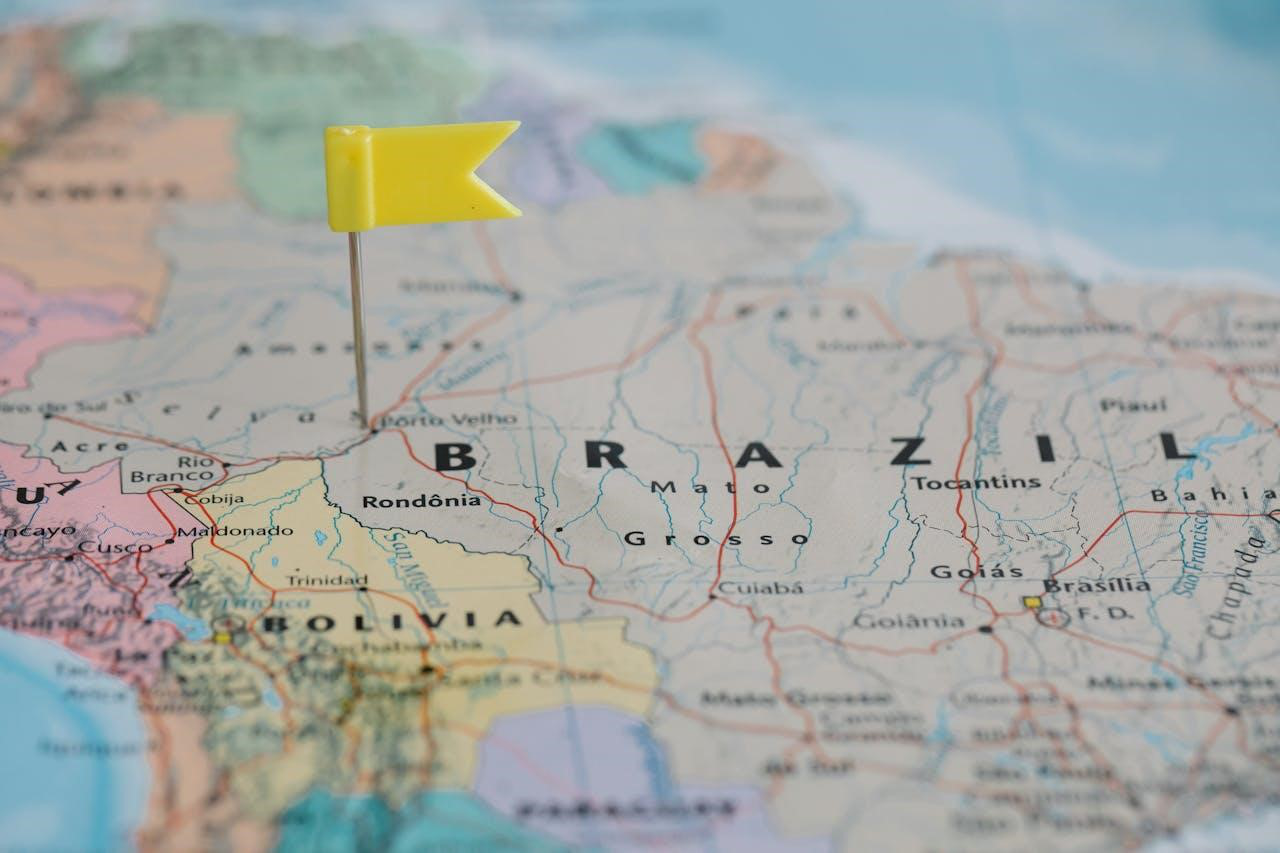Brazil presents a compelling platform for aspiring entrepreneurs and boasts start up investment with a massive domestic market of over 212 million people and a strategic location as a gateway to Latin America. While the potential is undeniable, navigating the setup process can be complex due to the country’s unique regulatory environment. This article will guide you about setting up a startup in Brazil, exploring funding options, legal considerations, and additional factors crucial for success.
Brazil boasts the world’s 8th largest economy by GDP (PPP). Its tech startup ecosystem is thriving, attracting significant investments. The growth trajectory of startups signifies the immense potential for innovative businesses in Brazil. However, it’s important to acknowledge the challenges. Bureaucracy and legal complexities can add time and cost to the startup journey.
Business Environment in Brazil
1. Market Opportunity
Brazil’s domestic market is a significant advantage. With a burgeoning middle class and increasing internet penetration, there’s a vast pool of potential customers for your startup.
Additionally, Brazil acts as a springboard for expansion into the wider Latin American market, offering access to over 600 million people.
2. Regulations
Understanding the legal framework is crucial. Here’s an overview of key aspects:
Types of Legal Structures
- Sociedade Anônima (SA) – Corporation: This structure is common for larger startups seeking venture capital funding. It offers greater flexibility in raising capital but comes with more complex reporting requirements.
- Sociedade Limitada (Ltda) – Limited Liability Company: This is a simpler and more popular option for smaller startups. It provides limited liability protection for its members.
Foreign Investment Regulations
Foreign investors can establish wholly-owned subsidiaries in Brazil. However, certain sectors like media and telecommunications have restrictions on foreign ownership.
3. Tax Considerations
Brazil’s tax system can be complex, with various federal, state, and municipal taxes impacting businesses. Consulting a tax advisor is essential to understand your specific tax obligations. Here’s a breakdown of some key aspects to consider:
Corporate Income Tax (Imposto de Renda da Pessoa Jurídica – IRPJ):
This is a federal tax levied on corporate profits. Rates vary depending on the company’s industry and activity. For instance, some industries might benefit from tax breaks or incentives to encourage growth and development.
Social Contribution on Net Profit (Contribuição Social sobre o Lucro Líquido – CSLL):
This is another federal tax levied on a company’s net profit. This tax contributes to social security and other government programs.
ICMS (Imposto sobre a Circulação de Mercadorias e Serviços):
This is a state-level value-added tax (VAT) applied to the sale of goods and services. Rates vary by state. Understanding these variations is crucial for accurate pricing and budgeting.
ISS (Imposto sobre Serviços):
This is a municipal tax levied on the provision of services. Rates also vary by municipality. Similar to ICMS, being aware of these variations is essential for proper tax planning.
Funding a Startup in Brazil
Here are the various funding avenues available to Brazilian startups:
1. Bootstrapping and Self-Funding:
Bootstrapping, using personal savings or loans from friends and family, can be a viable option for initial funding, especially for startups with low upfront costs.
2. Angel Investors and Venture Capital:
Angel investors offer several advantages for Brazilian startups. Their deep understanding of the local business landscape allows them to provide valuable insights and guidance on how to navigate specific challenges and improve your business model.
Furthermore, angel investors are often more flexible in their investment approach, tailoring funding to your specific needs rather than following a one-size-fits-all model.
Beyond financial support, angel investors have a personal stake in your success, making them more likely to invest in long-term projects with high growth potential.
Additionally, their familiarity with Brazilian culture eliminates the language barrier that can sometimes hinder communication with foreign investors.
Brazil has a growing angel investor network. Organizations like Anjos do Brasil connect startups with potential angel investors. Venture capital (VC) is also a significant funding source.
3. Government Incentives and Programs:
The Brazilian government actively supports startups through various initiatives:
- SEBRAE (Brazilian Micro and Small Business Support Service): SEBRAE offers training, consulting, and financial aid programs for small businesses.
- Innovation Support Programs: The federal government and several state governments offer tax breaks, grants, and other incentives for startups in specific sectors like technology and innovation.

Additional Considerations
1. Business Registration Process:
Registering your startup involves obtaining a CNPJ (Cadastro Nacional da Pessoa Jurídica), the national registry number for legal entities.
This process can be navigated online through the website of Junta Comercial do Estado (JUCESP) in São Paulo or the equivalent agency in your state. Consulting a lawyer and accountant can streamline the process and ensure compliance.
2. Building Your Team:
Finding skilled talent is crucial. Online job boards like Catho and LinkedIn are popular platforms for recruitment.
Understanding Brazilian labor laws, including minimum wage requirements and vacation benefits, is essential.
3. Cultural Nuances:
Building relationships and fostering trust are key to success in Brazilian business culture. Understanding hierarchies and communication styles can be advantageous.
Conclusion
Brazil presents a dynamic and exciting environment for entrepreneurs. While navigating the legalities and cultural nuances can be challenging, the potential rewards are significant.
By carefully planning your funding strategy, complying with regulations, and assembling a talented team, you can position your startup for success in the Brazilian market.

